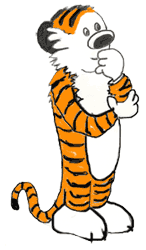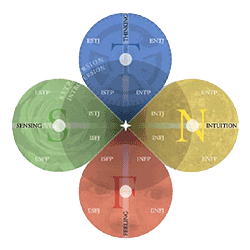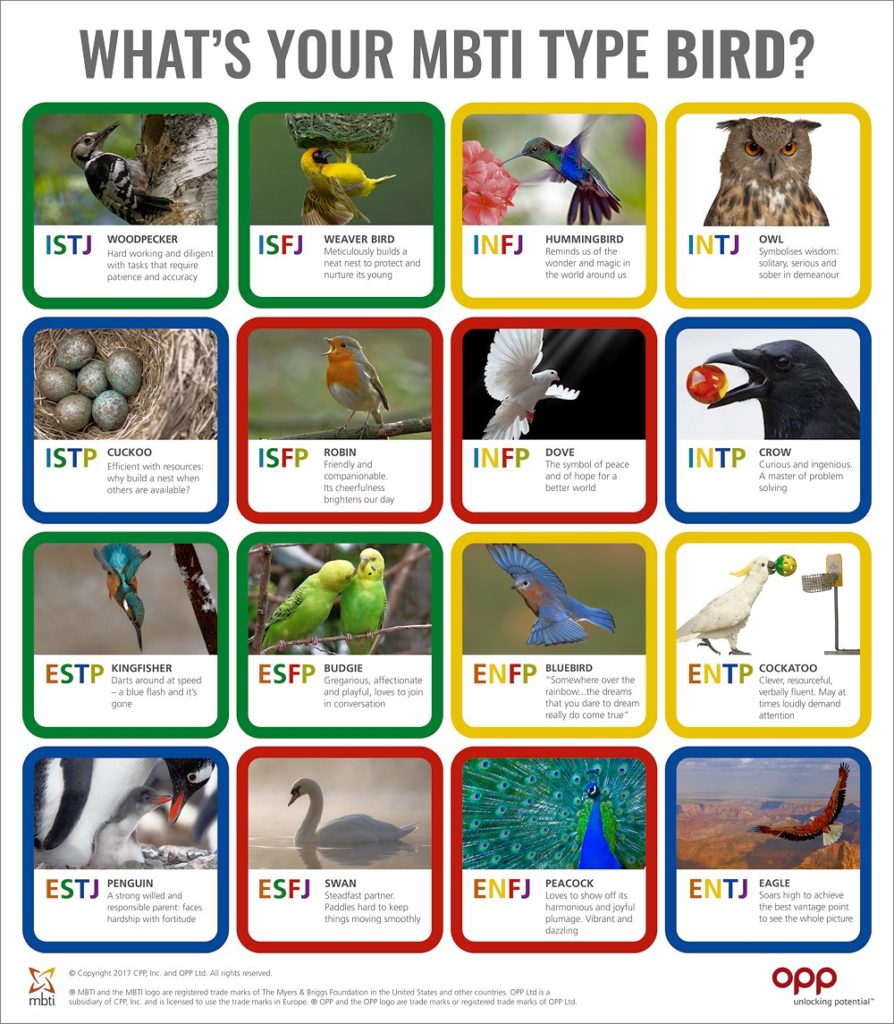Brief Descriptions of the 16 Personality Types of the MBTI * assessment created by Myers & Briggs.
Understanding your MBTI “test” Report*, MBTI Characteristics & Profiles of the 16 MBTI Personality Types
By Ross Reinhold, with Danielle Poirier
The Internet and print publications are replete with profiles of each of the 16 Personality Types, providing descriptions of the characteristics that mark that particular type. Sometimes people find these descriptions quite spot-on, whereas others may read several characteristics that don’t ring true and wonder if their “Type Indicator” gave them the wrong type.

Type Descriptions are generalities so they offer a sense of what are some common characteristics, yet not everything will apply even when the “indicator” of Type is accurate.
In taking the test or instrument itself or in reading through descriptions of the different Myers Briggs MBTI ® Personality Types a person may find more than one seems a “best fit.”
There are many ways to explore solving this dilemma. One is to look at which of the four preference options you think or feel is borderline. (For example, you may be uncertain if you prefer “Thinking” or “Feeling.”) Looking at one borderline preference produces 2 different possibilities of personality types (example: INTP vs INFP). You’d then review descriptions of these two alternative types (comparing INTP vs INFP type descriptions) to see which seems a more comfortable home.
A variation on this method of finding which MBTI Personality Type best fits you is one advocated by consultant Danielle Poirier. She believes for each person one of the four mental processes (Thinking, Feeling, Sensing, or Intuition) plays such a dominant role in forming the cluster of personality that it drives about 80% of a person’s uniqueness.
I’ve reproduced Danielle’s brief descriptions of each personality type below. You’ll see she organizes them in pairs according to the dominant mental process and whether this dominant process is primarily introverted or extraverted.
Poirier’s Descriptions of the 16 Types
© Danielle Poirier, Rebel Eagle Productions
Click on the Type Letter or Letters to Read the Description
After viewing a Type Description, you may have to push your
back browser button to return
to this page

The Four Introverted Myers Briggs Personality Types
Dominant Introverted Intuition
INTJ & INFJ Personality Types
Dominant Introverted Sensing
ISTJ & ISFJ Personality Types
Dominant Introverted Thinking
INTP & ISTP Personality Types
Dominant Introverted Feeling
INFP & ISFP Personality Types

The Four Extraverted Myers Briggs Personality Types
Dominant Extraverted Intuition
ENTP & ENFP Personality Types
Dominant Extraverted Sensing
ESTP & ESFP Personality Types
Dominant Extraverted Thinking
ENTJ & ESTJ Personality Types
Dominant Extraverted Feeling
ENFJ & ESFJ Personality Types
Fun Personality Type Tables – Which Bird is Your Type?
Thanks to OPP Consultancy for the Fun Type Table
Need more help in determining which MBTI or Myers Briggs Personality Type best fits you?
- See our article on Favorite Mental Processes – Your Super Power
- See our Guide to Verifying your 4 Letter MBTI Myers Briggs Personality Type
- See Charles Martin’s Descriptions of the 16 Types

Danielle Poirier’s “Magnificent 16” a fascinating DVD on Personality Type
® MBTI, Myers-Briggs, Meyers Briggs, and Myers-Briggs Type Indicator are registered trademarks or trademarks of the Myers-Briggs Type Indicator Trust in the United States and other countries (aka meyer briggs or myers briggs). While commonly referred to as the Briggs Myers personality test, Myers Briggs Test or the MBTI test, the MBTI ® is not a personality test but a personality inventory or instrument in which there are no right or wrong answers.
The Center for Applications of Psychological Type (CAPT) is a non-profit educational organization founded by Myers and psychologist Mary McCaulley to promote continued research into psychological type and application of psychological type to foster enhanced personal development, increased human understanding, and improved management of human conflict.
The mission of the Myers & Briggs Foundation is to continue the pioneering work of Katharine Cook Briggs and Isabel Briggs Myers in the field of psychological type, especially the ethical and accurate use of the Myers-Briggs Type Indicator® instrument.
Ross Reinhold, publisher and editor of PersonalityPathways.com, developer of the Cognitive Style Inventory of Personality Types.






